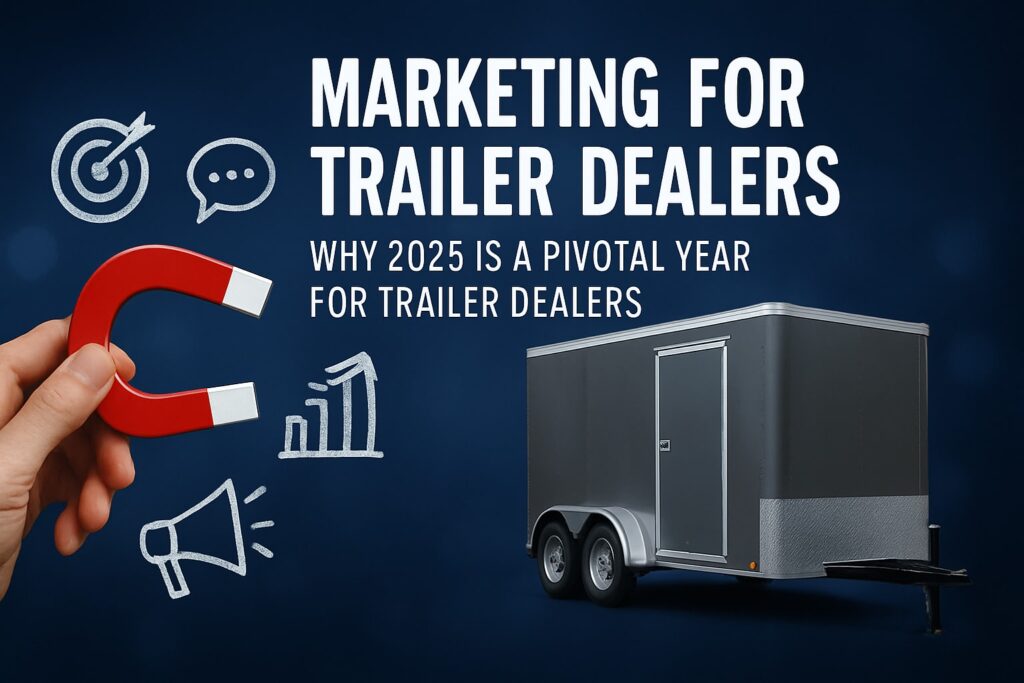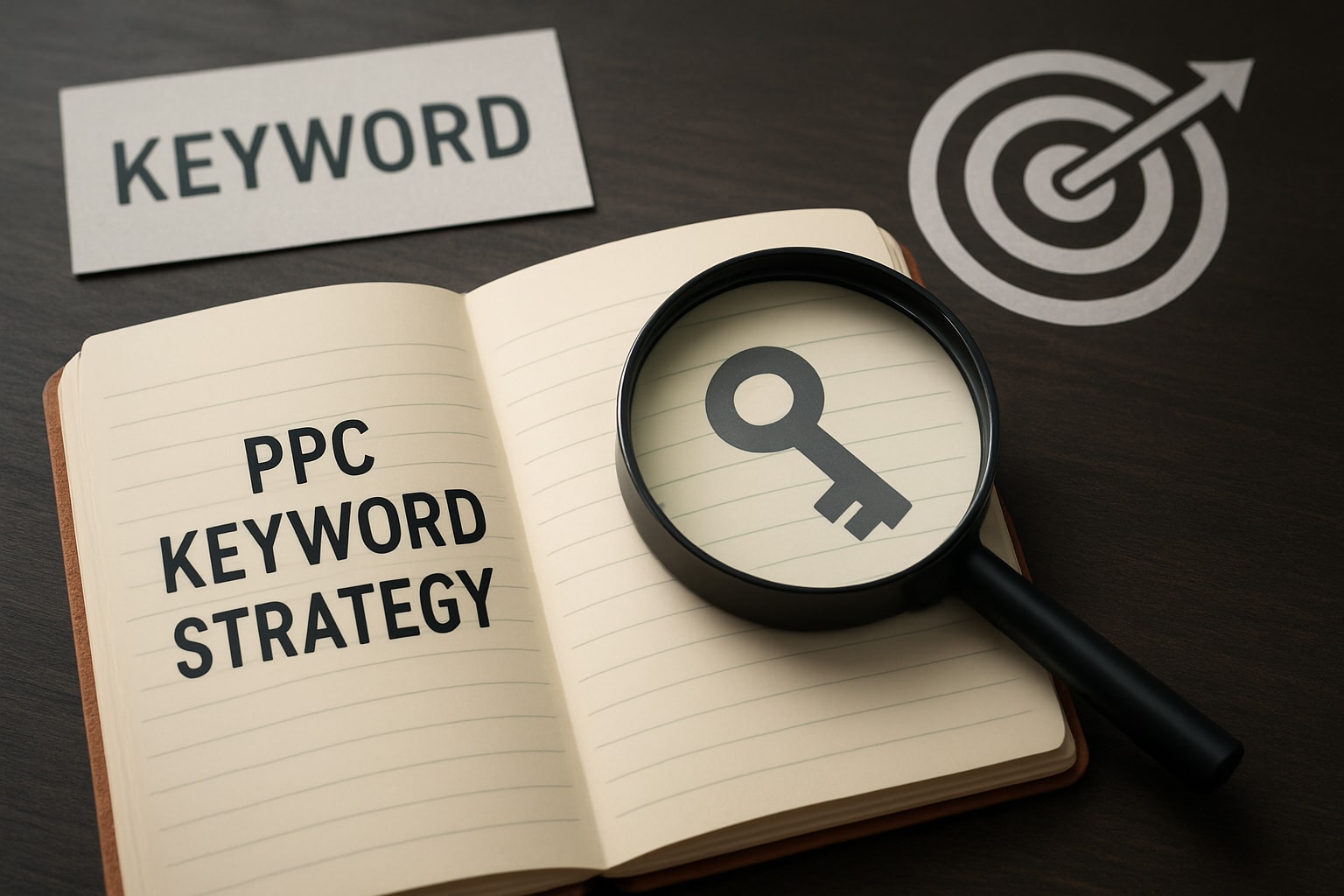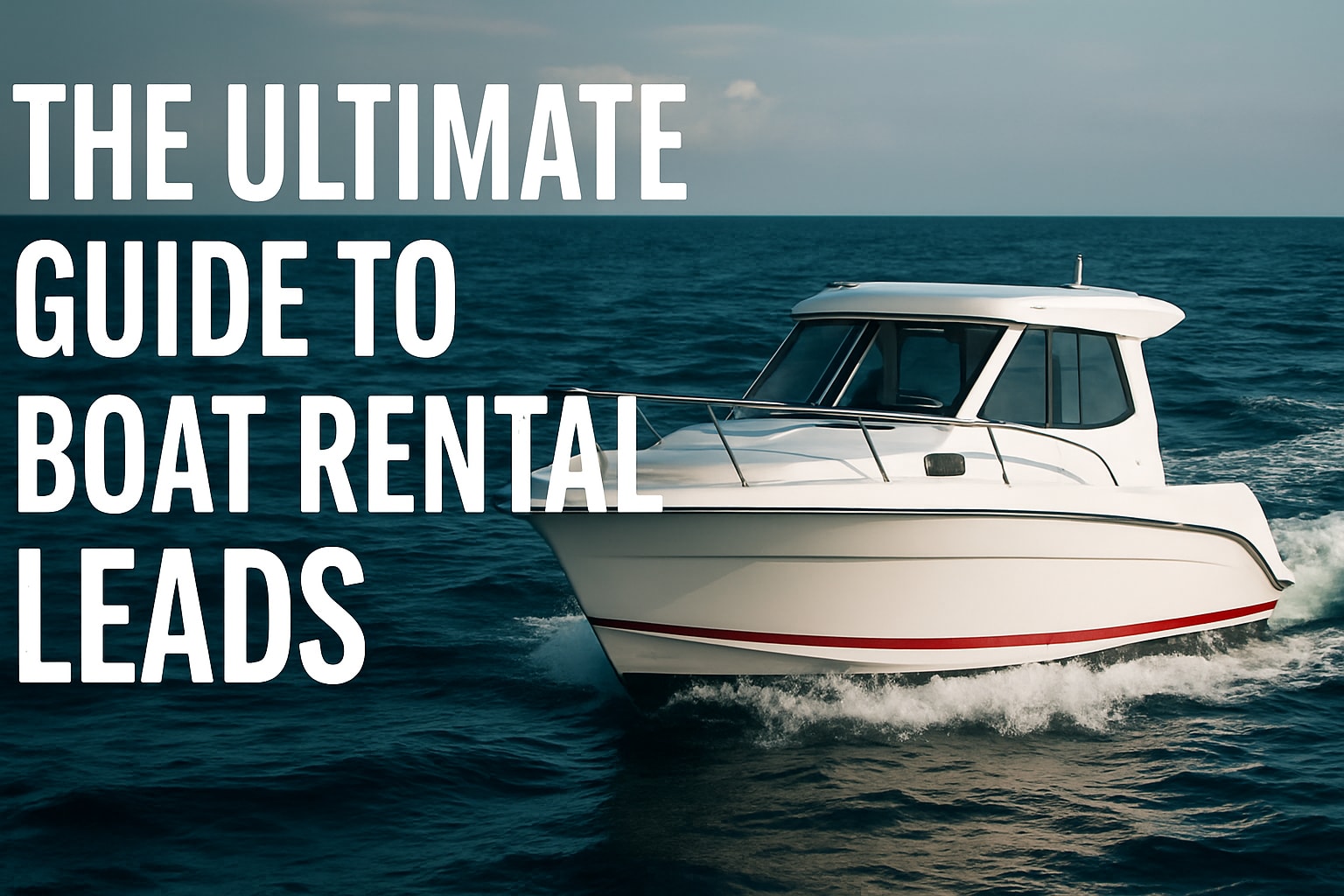The trailer dealership landscape is undergoing rapid transformation as 2025 approaches. Digital disruption, evolving consumer expectations, and fierce competition are reshaping the rules of success.
To help you stay ahead, this essential guide to marketing for trailer dealers provides practical strategies designed for the challenges and opportunities of the year ahead.
Explore how to build a powerful digital presence, generate quality leads, master local SEO, leverage advertising, foster customer engagement, and future-proof your dealership.
Discover proven tactics and actionable insights that will equip your team to thrive in 2025’s dynamic marketplace. The time to adapt and excel is now.
Understanding the 2025 Trailer Dealer Market
The trailer dealer landscape is undergoing rapid transformation in 2025. Dealers are adapting to new consumer behaviors, regulatory changes, and competitive benchmarks. A deep understanding of these shifts is vital for any effective marketing for trailer dealers strategy.
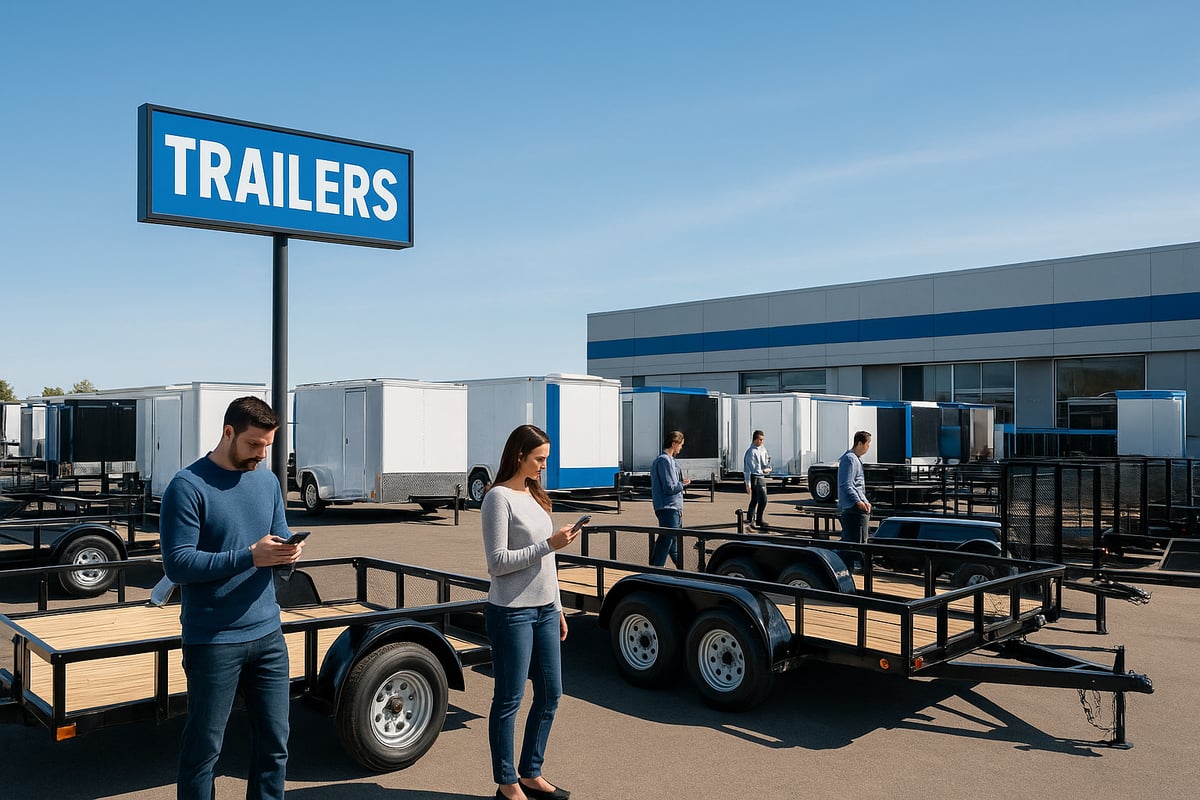
Market Trends and Consumer Behavior Shifts
The demand for utility, cargo, and specialty trailers continues to climb. More buyers are turning to online channels, with recent industry data showing that 81% of trailer shoppers begin their journey with digital research. Consumers now expect instant responses and transparent information, making digital engagement a cornerstone of marketing for trailer dealers.
Social proof is more influential than ever. Online reviews and testimonials play a decisive role in buyer decisions. Dealers who maintain an active digital presence and respond quickly to inquiries are seeing up to 40% higher lead conversion rates.
For a comprehensive view of current trends and sales performance, the State of the Trailer Industry – March 2025 report details recent statistics and market dynamics. Dealers who leverage these insights are better equipped to align their marketing for trailer dealers with real-world demand.
Key Competitors and Industry Benchmarks
Top-performing trailer dealers are setting new standards in digital marketing approaches. Many have invested in robust websites, seamless inventory integrations, and targeted advertising, all of which are now essential components of marketing for trailer dealers.
Benchmark data reveals that the average lead-to-sale conversion rate for the sector ranges from 12% to 18%. Digital ad spend is climbing, with successful dealers allocating larger budgets to Google Ads and social media campaigns. Cost-per-lead varies but effective marketing for trailer dealers can reduce this figure through improved targeting and content.
Notable case studies highlight dealers who pivoted quickly to online-focused marketing, resulting in measurable increases in sales and customer engagement. By tracking these industry leaders, others can refine their own marketing for trailer dealers and stay competitive.
| Metric | Average Value (2025) |
|---|---|
| Lead-to-Sale Conversion | 12-18% |
| Cost-per-Lead | $35-$60 |
| Digital Ad Spend (monthly) | $2,500-$7,000 |
Regulatory and Economic Factors
New compliance standards are shaping how dealers advertise and sell trailers in 2025. Regulatory updates now require greater transparency in pricing and financing, which directly impacts marketing for trailer dealers.
Economic influences such as fluctuating interest rates and ongoing supply chain disruptions are affecting consumer purchasing power. Dealers must adjust their messaging and offers to remain attractive in this volatile environment.
Sustainability trends are also gaining ground. Buyers increasingly seek eco-friendly trailer options, pushing dealers to highlight green features and responsible practices in their marketing for trailer dealers. Staying current with these regulatory and economic shifts is critical for long-term success.
Building a High-Impact Digital Presence
A high-impact digital presence is the foundation of effective marketing for trailer dealers in 2025. As buyers increasingly rely on digital channels, your website, search visibility, and online reputation directly influence lead generation and sales. This section covers the strategies every trailer dealership needs to stand out and convert more prospects online.
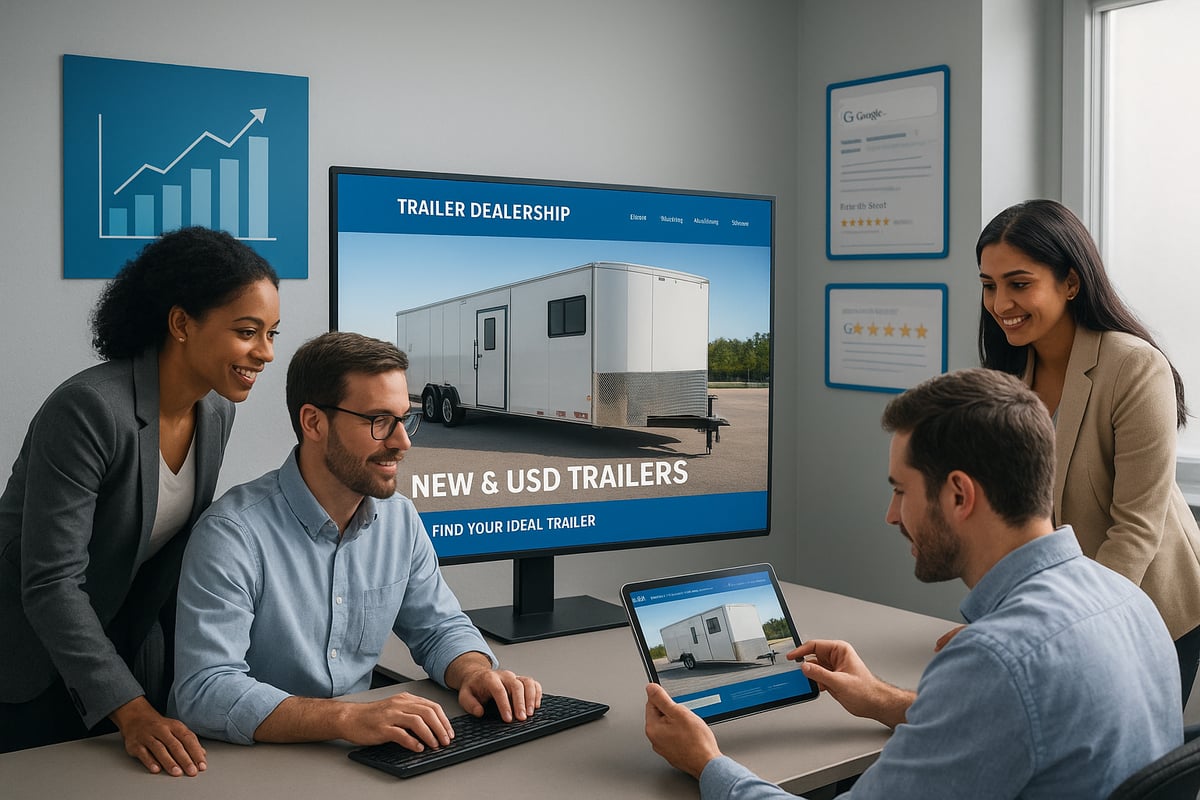
Website Optimization and User Experience
Your website is the digital front door of your dealership. In today's competitive landscape, marketing for trailer dealers requires a mobile-first, fast-loading, and visually engaging site. Buyers expect instant access to inventory, transparent pricing, and easy navigation.
A conversion-focused website integrates real-time inventory listings, clear call-to-action buttons, and financing calculators. Dealers who revamped their sites in 2024 saw bounce rates drop by 30 percent, with users spending more time reviewing listings and submitting inquiries.
Key features to prioritize:
- Responsive design for all devices
- High-quality trailer images and videos
- Prominent contact forms and chat support
- Secure checkout for online transactions
These improvements not only attract more visitors but also boost trust. In marketing for trailer dealers, a well-optimized website turns casual browsers into qualified leads.
SEO for Trailer Dealers
Search engine optimization is critical for driving organic traffic. Marketing for trailer dealers must focus on local and transactional keywords, such as "utility trailers for sale near me" or "cargo trailer financing." Conducting thorough keyword research ensures your content matches buyer intent.
On-page SEO includes optimizing meta tags, inventory schema, and structured data. Blogging about trailer maintenance, buying tips, and financing options builds authority and attracts searchers year-round. Dealers investing in content marketing generate three times more organic leads than those who do not.
For step-by-step tactics, explore SEO strategies for marine businesses, which offer actionable guidance also relevant to trailer dealers aiming for higher Google rankings.
A robust SEO foundation helps marketing for trailer dealers outperform local competitors and sustain long-term lead flow.
Local SEO and Google Business Profile
Capturing local buyers is essential. Marketing for trailer dealers should prioritize Google Business Profile optimization, including uploading fresh photos, updating services, and responding to Q&A. Consistent directory listings and local citations increase your visibility in local search and map packs.
Dealers with complete and well-managed profiles receive 70 percent more direction requests and calls. Encourage satisfied customers to leave reviews and answer their questions promptly.
Map pack rankings can make or break foot traffic. Regularly audit your profile and ensure all information is accurate. Local SEO strategies connect your dealership with nearby buyers, reinforcing your presence in the community.
Reputation Management and Online Reviews
A strong reputation is a powerful asset in marketing for trailer dealers. Positive online reviews influence buyer trust and impact search rankings. Proactively request feedback after each sale, using automated tools to send review invitations and monitor responses.
Responding to both positive and negative reviews shows transparency and commitment to service. Highlight testimonials and high ratings on your website to build credibility.
Review management tools streamline this process, helping you track sentiment and respond quickly. Consistent engagement leads to improved visibility, higher customer confidence, and increased lead conversion rates for your dealership.
Lead Generation and Conversion Strategies
In 2025, effective lead generation is the cornerstone of marketing for trailer dealers. With increased competition and digital-savvy buyers, converting interest into sales requires a strategic, data-driven approach. This section explores proven methods to attract, nurture, and close leads for sustainable dealership growth.
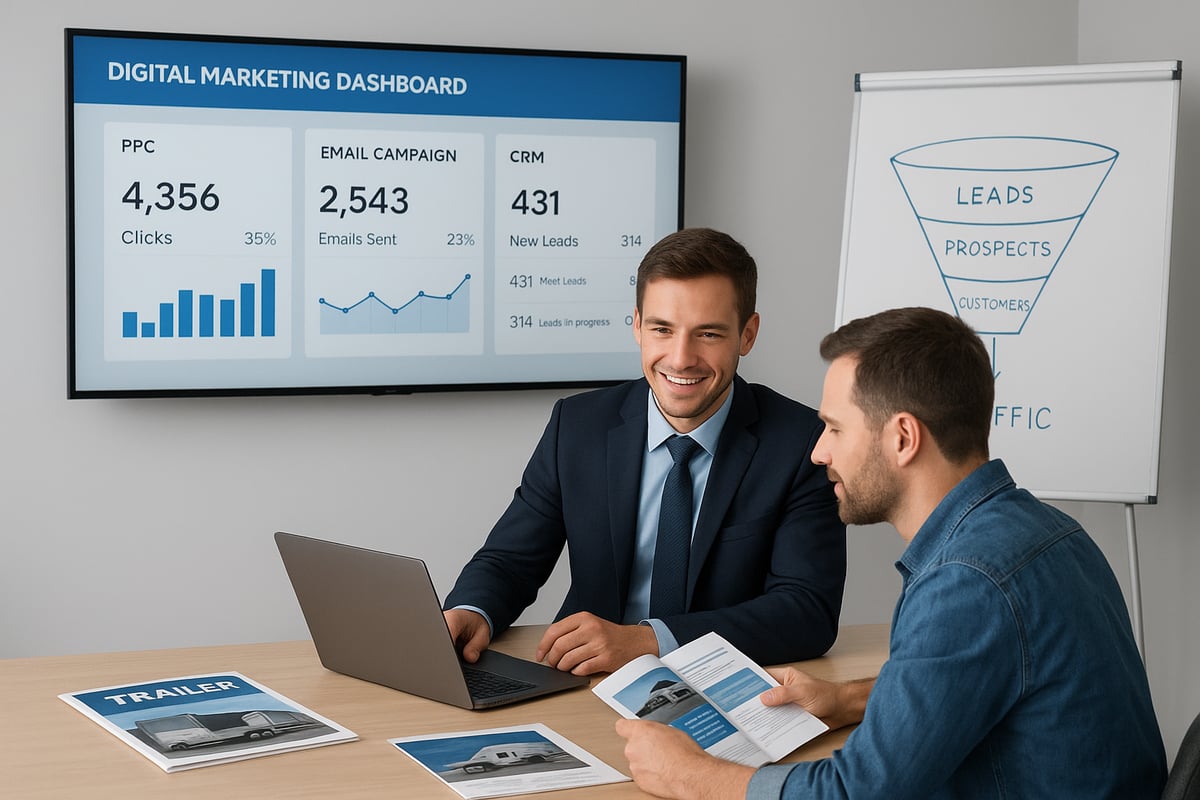
Digital Advertising: PPC and Social Ads
Digital advertising is a main driver in marketing for trailer dealers, offering precise targeting and measurable ROI. Google Ads allows you to reach in-market buyers using keyword targeting and negative keyword lists, ensuring your budget is spent effectively. Facebook and Instagram ads, especially carousel and dynamic inventory formats, help showcase your latest trailers to local audiences.
Segmenting campaigns by location and trailer type delivers better results. Successful dealers often allocate budgets based on channel performance analytics, optimizing spend for platforms that convert best. According to industry data, average ROI for digital ad spend is strong, with dealers regularly seeing above-average lead-to-sale conversion rates. For a comprehensive breakdown of strategies, explore these lead generation techniques tailored to the industry.
Email Marketing and Nurture Campaigns
Email marketing remains a cornerstone of marketing for trailer dealers. Building segmented lists through website forms, gated content, and event sign-ups enables targeted communication. Drip campaigns guide prospects through the buying journey, educating them on trailer options, financing, and special promotions.
Personalized emails increase engagement and drive conversions. Dealers utilizing segmented campaigns report a 25 percent higher close rate compared to generic blasts. Regular follow-ups, re-engagement emails, and exclusive offers keep your dealership top-of-mind. Tracking open rates and responses helps refine your approach over time.
Landing Pages and Conversion Rate Optimization
Landing pages are critical in marketing for trailer dealers, acting as digital entry points for converting traffic into leads. High-converting pages feature trust badges, testimonials, clear value propositions, and streamlined forms. Integrating inventory data and financing calculators enhances user experience and addresses buyer questions upfront.
A/B testing headlines, CTAs, and form lengths helps identify what resonates with your audience. Dealers who optimize landing pages consistently see up to a 40 percent increase in lead submissions. Data-driven improvements ensure your campaigns convert as efficiently as possible, maximizing every website visit.
CRM and Lead Management Tools
A robust CRM is essential for marketing for trailer dealers, transforming raw inquiries into qualified sales opportunities. Popular systems offer automated follow-ups, lead scoring, and pipeline management, ensuring no lead is neglected. Automated responses and scheduled reminders help your team respond faster, reducing average lead response time by 60 percent.
Integrating your CRM with website forms, advertising, and email campaigns creates a seamless workflow. Real-time lead tracking and analytics provide insights into what strategies drive conversions. Dealers who implement CRM systems report measurable gains in sales efficiency and customer satisfaction.
Leveraging Local Marketing and Community Engagement
Local engagement is a cornerstone of marketing for trailer dealers in 2025. As digital noise increases, connecting with your community offers an authentic way to stand out. Dealers who prioritize local relationships not only boost visibility but also foster trust and long-term loyalty.
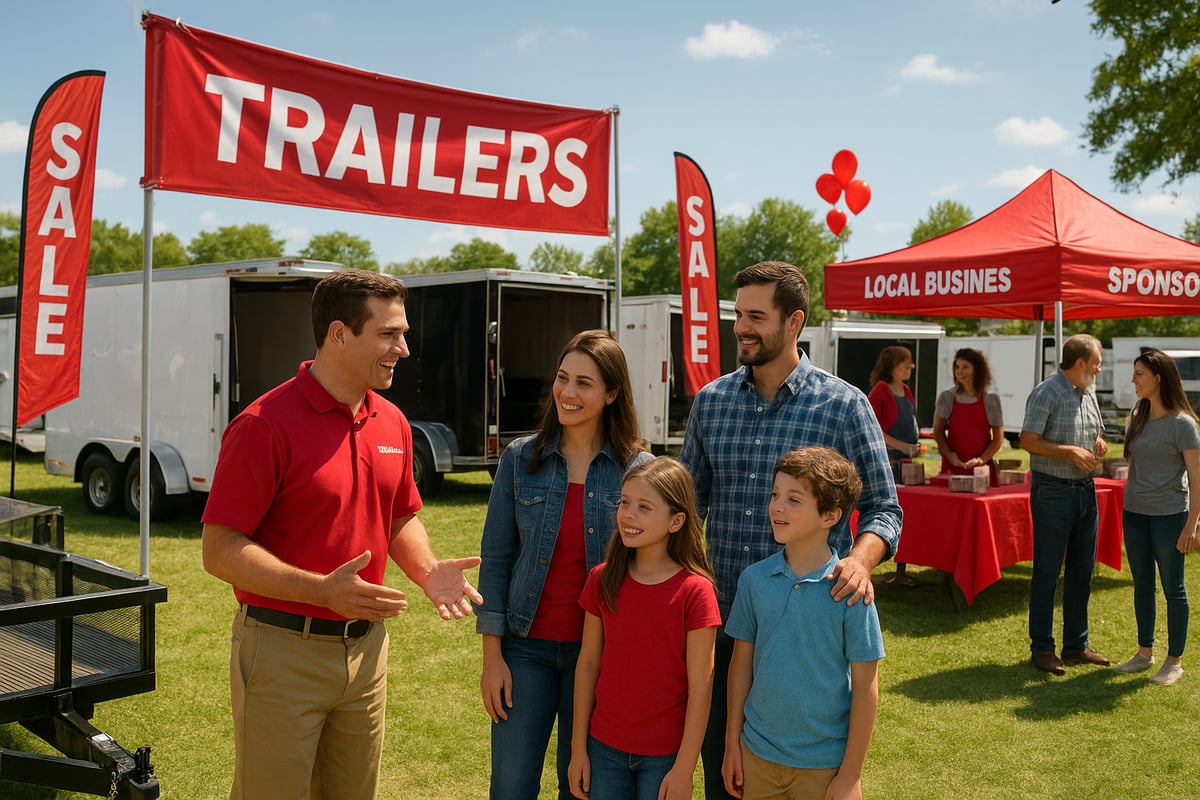
Event Marketing and Sponsorships
Participating in local trade shows, fairs, and community events is a proven method to increase dealership exposure. These gatherings attract potential buyers who value face-to-face connections. Sponsoring local sports teams or charity events is another effective strategy, as it showcases your dealership's commitment to the area.
Dealers who invest in event-based marketing for trailer dealers often see a direct lift in inquiries. For example, sponsorships can lead to a 20% increase in direct contacts from interested buyers. These events are also ideal for showcasing new inventory, offering live demonstrations, and collecting leads in real time.
Organize contests or raffles at local events to draw crowds and gather contact information. Collaborate with event organizers to ensure your branding is visible throughout the venue. Remember, a positive community presence translates into more referrals and higher sales.
Partnerships and Referral Programs
Building strategic partnerships with local businesses is essential for effective marketing for trailer dealers. Consider connecting with auto repair shops, landscapers, and contractors who serve your target audience. These partnerships can lead to cross-promotional opportunities and a steady stream of qualified referrals.
Implement referral programs that reward both customers and partners for successful leads. For instance, offer service discounts or gift cards to those who refer new buyers. Data shows that referral programs can contribute up to 30% of new business for trailer dealerships.
Keep your referral process simple and easy to understand. Provide partners with marketing materials and clear instructions on how to refer clients. Recognize top referrers publicly to encourage ongoing participation and build goodwill within your network.
Local Content and Outreach
Creating location-specific content is a powerful way to boost marketing for trailer dealers and attract nearby buyers. Develop blog posts, videos, and press releases that highlight your involvement in local events, customer stories, and dealership milestones.
Outreach to local media and influencers can amplify your brand presence. For instance, being featured in a local news segment often leads to a surge in website traffic. Collaborate with community leaders to share your dealership’s achievements and customer testimonials.
Optimize your local marketing efforts by implementing best practices for local SEO. For a detailed guide on improving your dealership’s visibility in nearby searches, see Local SEO for dealerships. This approach ensures your business appears in map packs, directories, and relevant local searches.
Community Involvement and Trust Building
Active participation in community causes is at the heart of marketing for trailer dealers aiming to build trust. Support local charities, sponsor school initiatives, or host fundraising drives. Such efforts demonstrate your commitment to the community and set your dealership apart from competitors.
Share stories of your community involvement across your digital channels. Highlight customer testimonials and showcase how your dealership makes a positive impact locally. This transparency helps build a loyal customer base and increases the likelihood of repeat sales.
Dealers who focus on community relationships often report higher customer satisfaction and retention rates. Remember, trust is earned through consistent, genuine engagement, both online and offline.
Advanced Advertising and Retargeting Techniques
In 2025, advanced advertising is essential to stand out in a crowded trailer market. Dealers must go beyond single-channel efforts and embrace sophisticated tactics that drive measurable results. By integrating multi-channel campaigns, leveraging retargeting, and using engaging video content, you can maximize the impact of marketing for trailer dealers and ensure every dollar delivers ROI.
Multi-Channel Advertising Strategies
Effective marketing for trailer dealers now requires an omnichannel approach. Integrate Google Ads, Meta (Facebook/Instagram), and YouTube advertising to reach buyers at every stage. Allocate budget by analyzing channel performance, ensuring resources target the most profitable platforms.
Dealers using coordinated campaigns see double the brand recall compared to single-channel efforts. Use a table to compare key metrics:
| Channel | Reach | Avg. Cost-Per-Lead | Engagement Rate |
|---|---|---|---|
| Google Ads | Local/National | $45 | High |
| Meta Ads | Local | $38 | Medium |
| YouTube | Regional | $52 | Very High |
Regularly evaluate spend and adjust based on ROI to optimize marketing for trailer dealers.
Retargeting and Remarketing
Retargeting is a cornerstone of marketing for trailer dealers who want to recapture lost leads. Set up retargeting ads for visitors who browse inventory but do not convert, as well as for abandoned form submissions. Personalize messages to reflect user interests, like specific trailer types or financing options.
Popular tactics include:
- Dynamic inventory ads showing recently viewed models
- Sequential messaging that addresses objections
- Limited-time offers to prompt action
Dealers report that retargeting campaigns cut cost-per-acquisition by 35 percent, making it a critical strategy for efficient marketing for trailer dealers.
Video Marketing and Virtual Tours
Video content is a powerful driver in marketing for trailer dealers. Create inventory walk-throughs, customer testimonials, and explainer videos to engage buyers. Distribute these videos on YouTube and Facebook to extend reach.
Interactive virtual tours allow prospects to explore trailers remotely, building trust before visiting your lot. Dealers who invest in video marketing see higher time-on-site and improved conversion rates. Use video analytics to refine your content and focus on what resonates most with your audience.
Measuring and Optimizing Ad Performance
Continuous measurement is vital for maximizing marketing for trailer dealers. Track KPIs such as click-through rates, cost-per-lead, and sales attribution across all channels. Use analytics platforms to identify high-performing ads and quickly optimize underperformers.
Dealers with robust tracking systems achieve optimization cycles that are 50 percent faster. To ensure every dollar is working, leverage tools like the Marketing ROI calculator to assess and improve your ad spend efficiency.
Future-Proofing Your Trailer Dealership Marketing
Staying ahead in marketing for trailer dealers requires more than traditional tactics. The landscape is evolving rapidly, and future-proofing your dealership means embracing innovation, adapting to customer expectations, and keeping your team informed.
Embracing Technology and Automation
Integrating technology is now essential for marketing for trailer dealers. AI chatbots provide instant lead response, handling customer inquiries around the clock. Automated follow-up systems help ensure no lead is left behind, increasing appointment bookings by 22%.
Inventory management platforms can now sync with digital marketing tools, giving real-time updates on available trailers. According to the Trailer Market Outlook Report 2025-2034, smart and sustainable trailers are reshaping the market, making it critical to highlight these advancements online.
Dealerships that implement automation see faster response times and higher customer satisfaction. Embracing these tools is key to staying competitive.
Adapting to Changing Buyer Preferences
Modern buyers expect convenience and flexibility from marketing for trailer dealers. Today’s customers research online, compare options, and demand transparent pricing. Offering digital purchase options, financing calculators, and trade-in tools directly on your website meets these growing demands.
Recent data shows that dealerships with comprehensive digital solutions capture 15% more market share. As highlighted in Trailer Industry Trends 2025: Smart Tech & Green Innovations, sustainability and smart technology are driving purchase decisions, so align your messaging accordingly.
By adapting quickly to these shifts, you build trust and make the buying process seamless for your customers.
Training and Upskilling Your Team
Your staff is the backbone of marketing for trailer dealers. Ongoing training ensures your team remains skilled in digital marketing, sales, and customer service. Encourage participation in online courses, webinars, and industry association events.
Regular upskilling helps your sales and marketing teams stay ahead of industry changes. Teams that invest in continuous learning consistently outperform competitors in lead conversion and customer satisfaction.
Create a culture of learning by celebrating certifications and sharing knowledge internally. This approach strengthens your dealership’s expertise and adaptability.
Monitoring Industry Trends and Competitor Moves
Continuous monitoring is crucial for marketing for trailer dealers. Set up alerts for regulatory, economic, and technology changes that could impact your business. Compare your key metrics against both local and national competitors to identify strengths and areas for improvement.
Agility is vital. Dealerships that adapt quickly to market shifts are more likely to maintain steady growth, even during industry disruptions. Use benchmarking data and competitor analysis to guide your decisions and stay ahead of the curve.
Remain proactive, not reactive, to ensure your dealership’s long-term success.
If you’re ready to put these strategies into action and future proof your dealership for 2025, let’s take the next step together You’ve seen how a strong digital presence, smarter lead generation, and targeted local marketing can transform results—and you don’t have to figure it all out alone At Aquatic SEO, we understand the unique challenges trailer dealers face, and we’re here to help you build a growth engine that keeps you booked all year If you want tailored advice and a clear path forward, Schedule a Free Strategy Call

